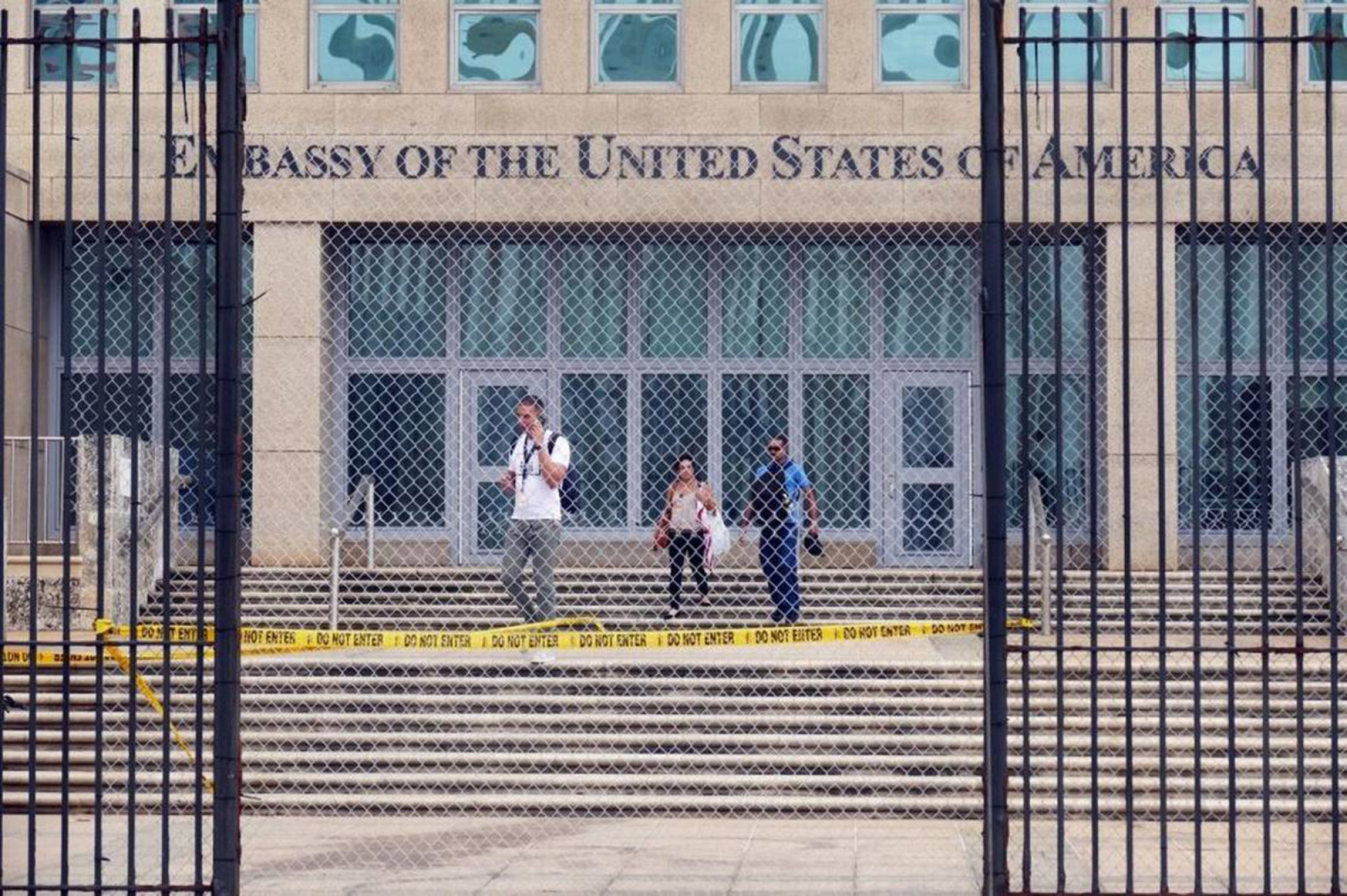The Kremlin on Monday dismissed a report that Russian military intelligence may be behind the mysterious “Havana Syndrome” ailment that has afflicted US diplomats and spies globally.
New US study finds no brain injuries among ‘Havana Syndrome’ patients
New US study finds no brain injuries among ‘Havana Syndrome’ patients
“This is not a new topic at all; for many years the topic of the so-called Havana Syndrome has been exaggerated in the press, and from the very beginning it was linked to accusations against the Russian side,” Kremlin spokesman Dmitry Peskov told reporters when asked about the report.
“But no one has ever published or expressed any convincing evidence of these unfounded accusations anywhere,” Peskov said. “Therefore, all this is nothing more than baseless, unfounded accusations by the media.”
Symptoms of the ailment have included migraines, nausea, memory lapses and dizziness.

The Office of the Director for National Intelligence pointed to the 2024 Annual Threat Assessment that said the US intelligence community continues “to closely examine” so-called Anomalous Health Incidents but noted that most agencies concluded that it “is very unlikely a foreign adversary is responsible”.
US intelligence agencies assessed that symptoms, first reported by US embassy officials in the Cuban capital Havana in 2016, “probably were the result of factors that did not involve a foreign adversary”.
The Insider report said the first incident of Havana Syndrome symptoms may have happened earlier than 2016.
It said: “There were likely attacks two years earlier in Frankfurt, Germany, when a US government employee stationed at the consulate there was knocked unconscious by something akin to a strong energy beam.”
US Congress passed the Havana Act in 2021 authorising the State Department, CIA and other US government agencies to provide payments to staff and their families affected by the ailment during assignment.

